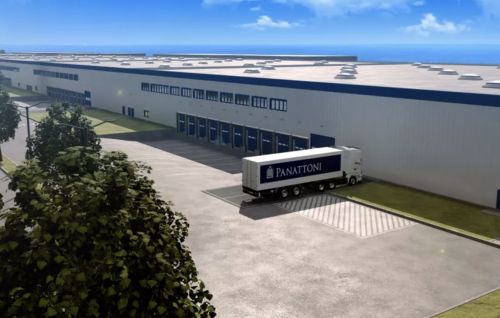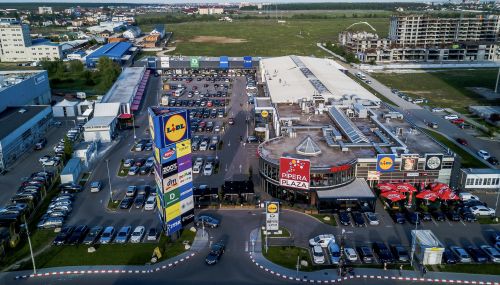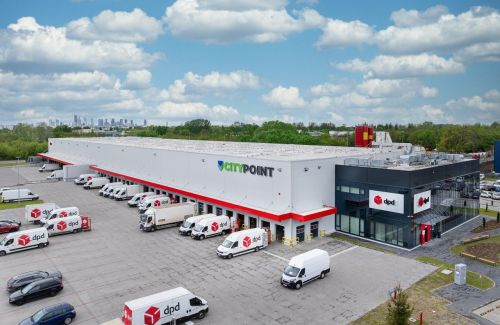The impact of the new state aid act on the Polish industrial market growth

The government’s new bill will introduce new regulations governing state aid and the operations of Special Economic Zones (SEZs). It is estimated that the proposed amendments will result in more than PLN 2.5 bln in additional investment in the first year of coming into force and result in 200,000 new jobs created over ten years.
The new regulations will allow companies to apply for SEZ state aid across Poland wherever business is conducted, regardless of a project’s planned location. This will ease the lengthy procedural burden of extending SEZ borders for investors targeting non-SEZ areas. Existing SEZs will continue to operate until the end of 2026.
Corporate income tax exemptions for new investments will be the key form of state aid provided regionally, which means that the former rules for granting state aid will continue to be in place and vary by region. Decisions on whether to award state aid will replace the existing system of permits allowing companies to operate within an SEZ.
Such decisions will be issued by an SEZ managerauthorised by the Ministry of Development on completion of an assessment of the investment project. The proposed bill does not specify how applications are to be made for such a decision, but the procedure is not expected to differ fundamentally from current manner of applying for an SEZ permit.
Another major amendment to the current regulations is the introduction of qualitative and quantitative project evaluation criteria that will have to be met by investors applying for state aid. Under the quantitative criteria regions with high unemployment rates are to be supported. In addition, small and medium-sized businesses are expected to benefit from much less stringent evaluation criteria, making it much easier for them to expand.
Looking at the qualitative criteria shows that less state aid is to be channelled into reducing structural unemployment. More emphasis has been placed on supporting highly innovative projects, R&D as well as creating specialist jobs.
The duration of state aid is also to change and will no longer be dependent on how long an SEZ was established for. As a result, investors will be granted tax exemptions for ten to fifteen years on average, depending on the location.
The new act aims to broaden the number of attractive investment sites, driving further growth of the Polish warehouse and industrial market. Industrial parks will be developed in new, cheaper locations, helping to bring down operating costs. Businesses will be increasingly commission the development of more technologically advanced facilities such as BTS schemes tailored to individual tenant requirements.
By extending the areas from which investors will be permitted to apply for state aid, businesses will both be able to optimise operating costs and gain better access to key resources. As a result, new locations across Poland are likely to see increased investor interest.
Additionally investors faced with a limited choice of suitable locations for new projects due to the nature of their business operations will be able to apply for state aid in locations outside SEZs. This will increase the sales of privately-held land and hasten the development of industrial parks in regions with a strong logistics and operational potential.






















































An open door to redefining the commercial real estate market in Poland
An open door to redefining the commercial real estate market in Poland
The investment slowdown in the commercial real estate sector that we have been observing in Poland for over a year is primarily the result of the tightening of monetary policy arou ...
Walter Herz
The retail sector is not slowing down
The retail sector is not slowing down
The pandemic, conflict in Ukraine as well as inflation and high interest rates that recent years have brought have reshaped the real estate market around the world. The global slow ...
Walter Herz
Retail parks – current opportunities
Retail parks – current opportunities
Over the last few years, retail parks in Poland were mostly developed in smaller formats, around 5,000 sqm, either adding to the existing retail landscape or introducing modern ret ...
Avison Young